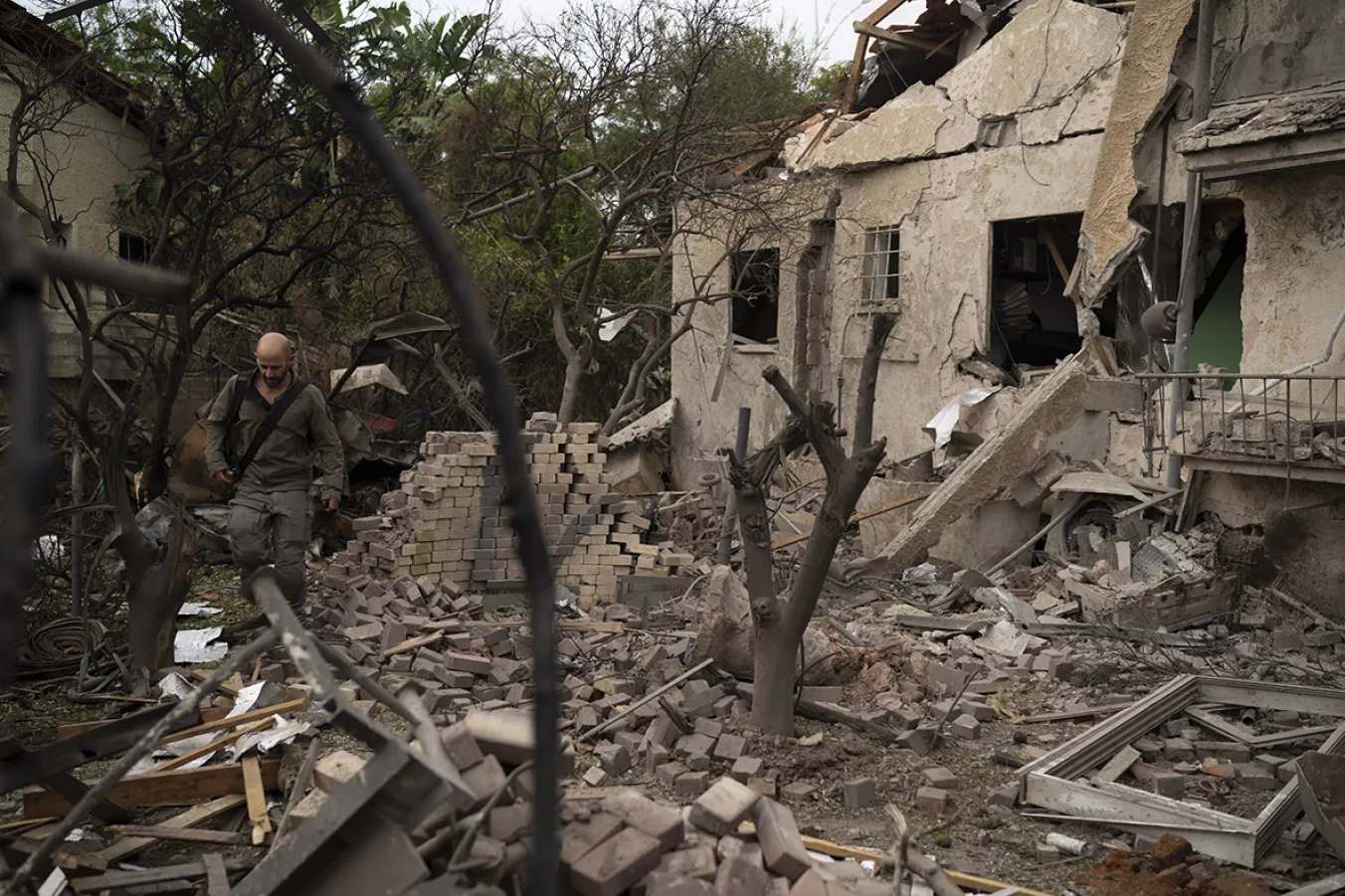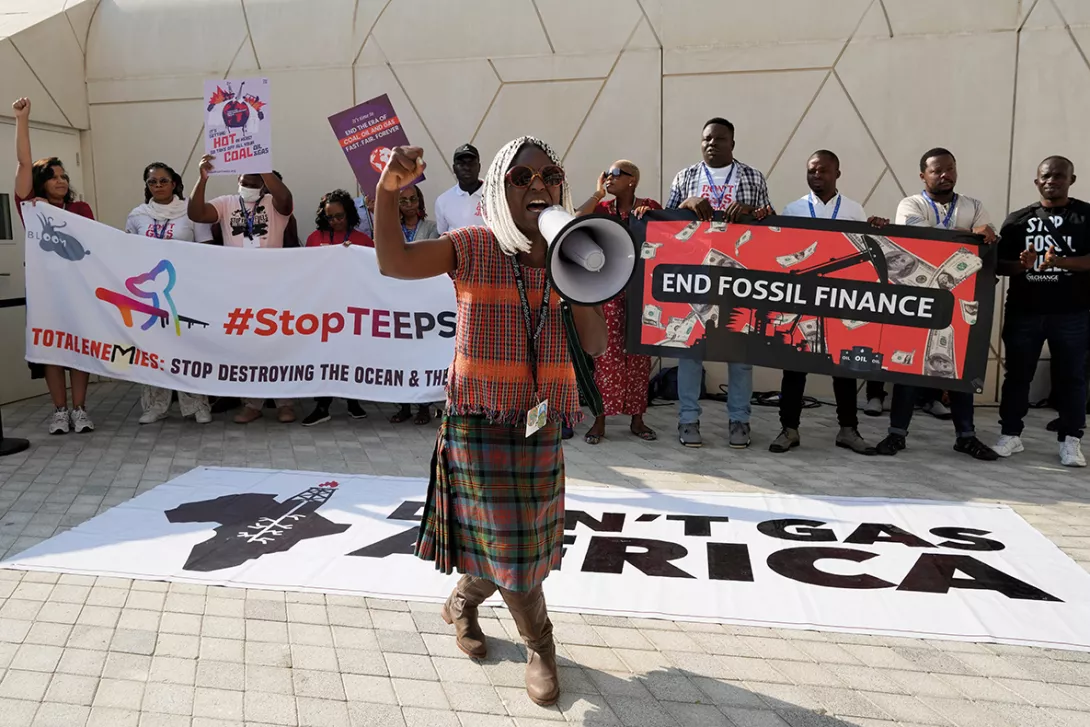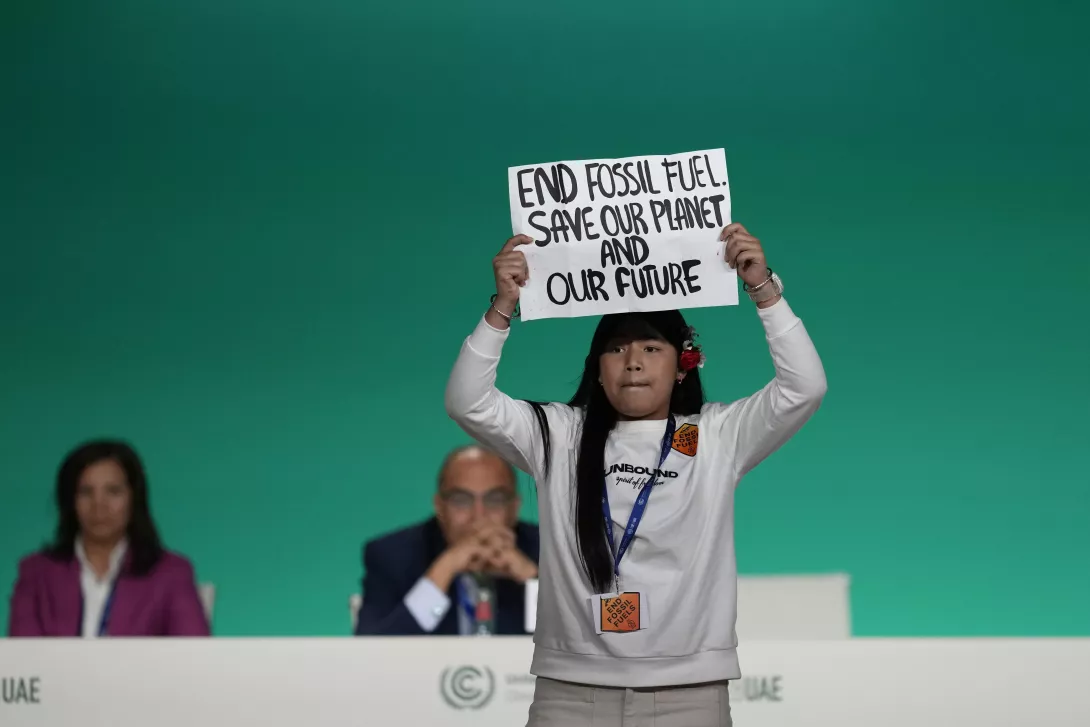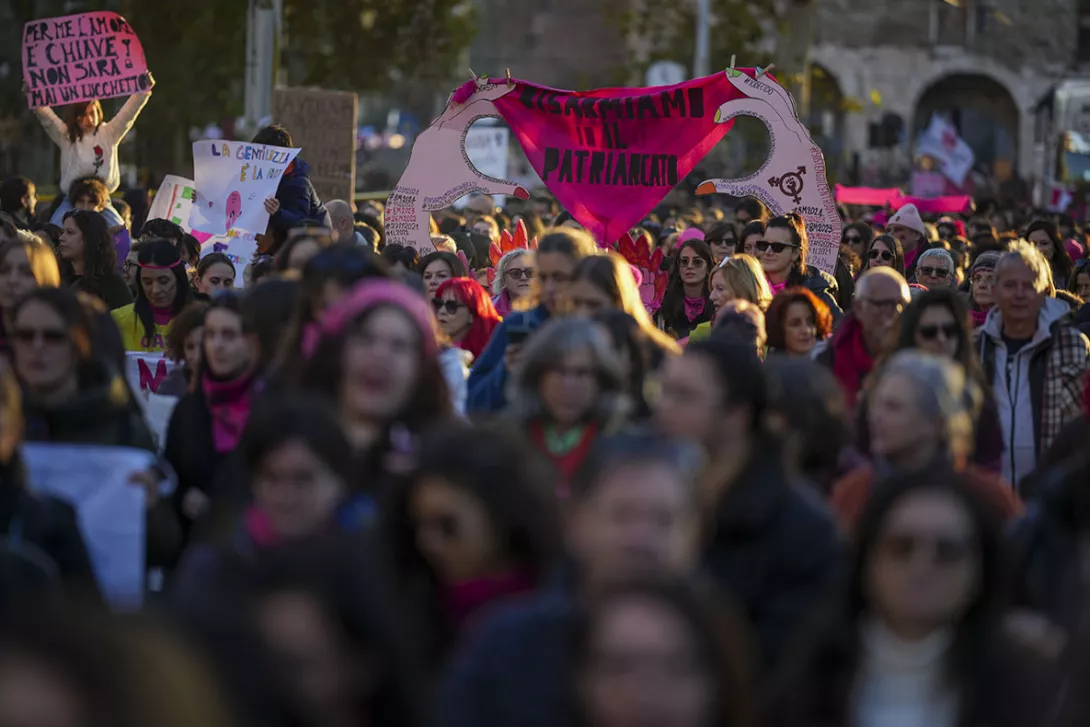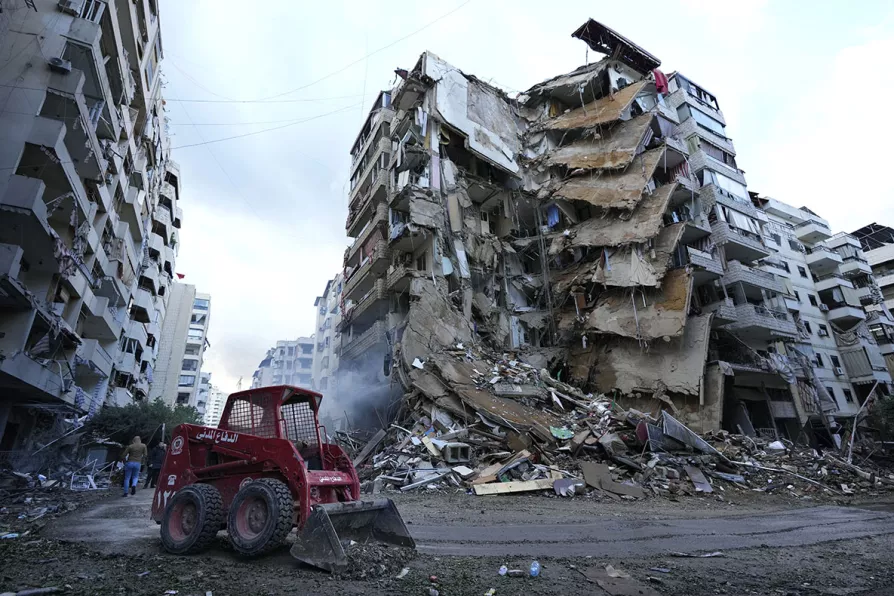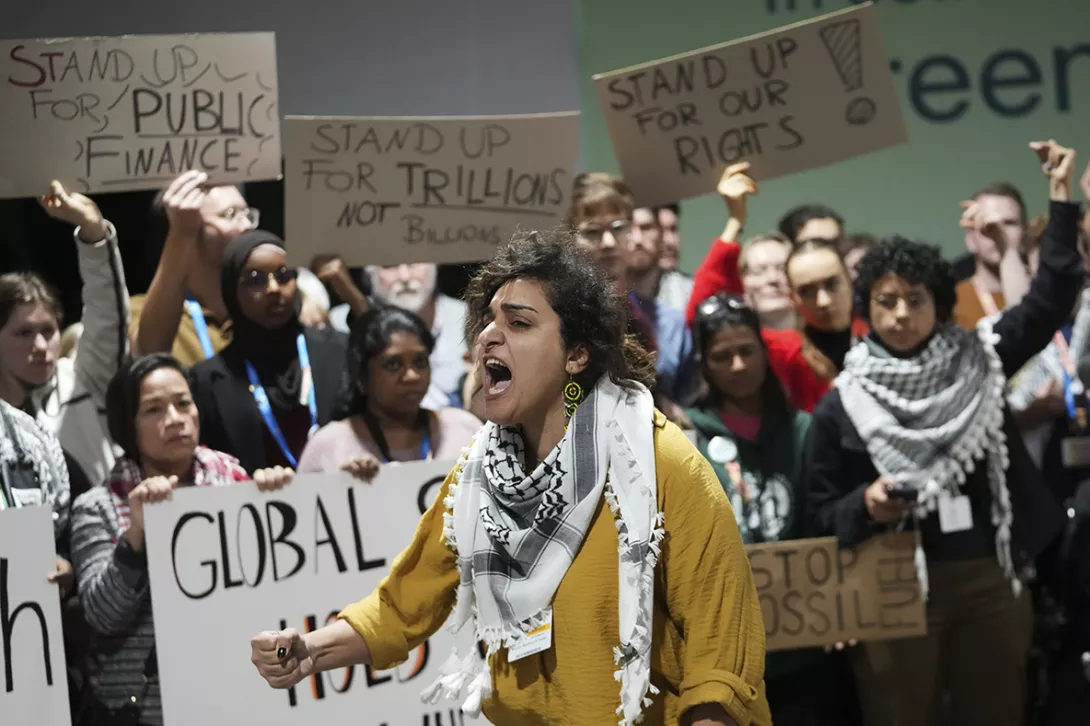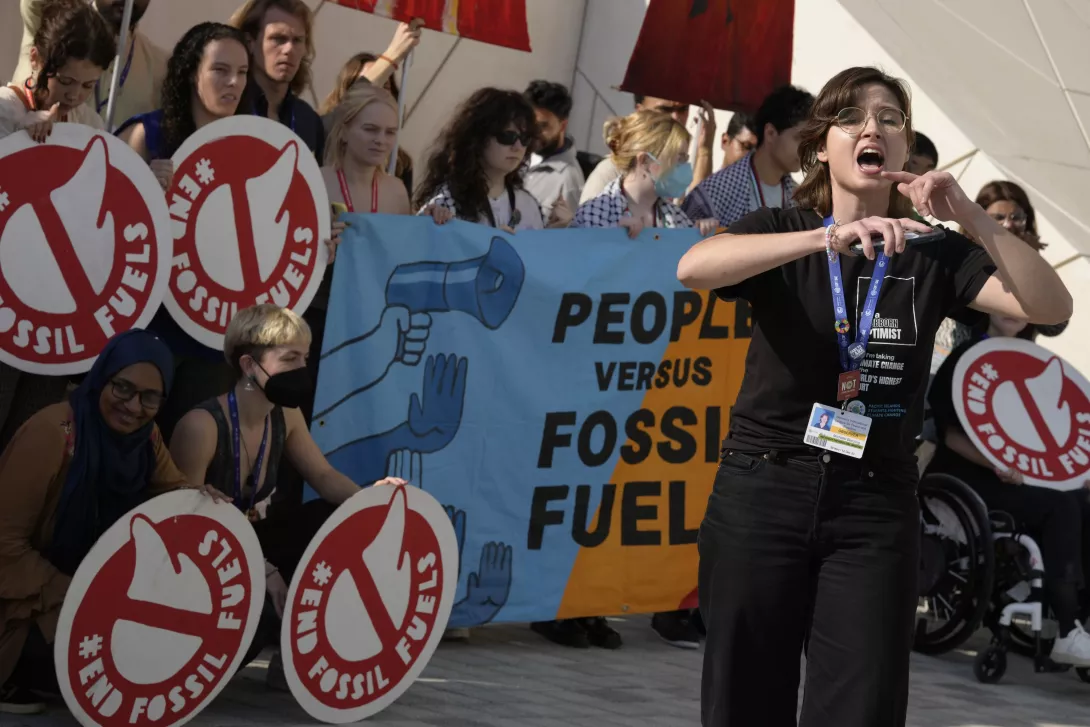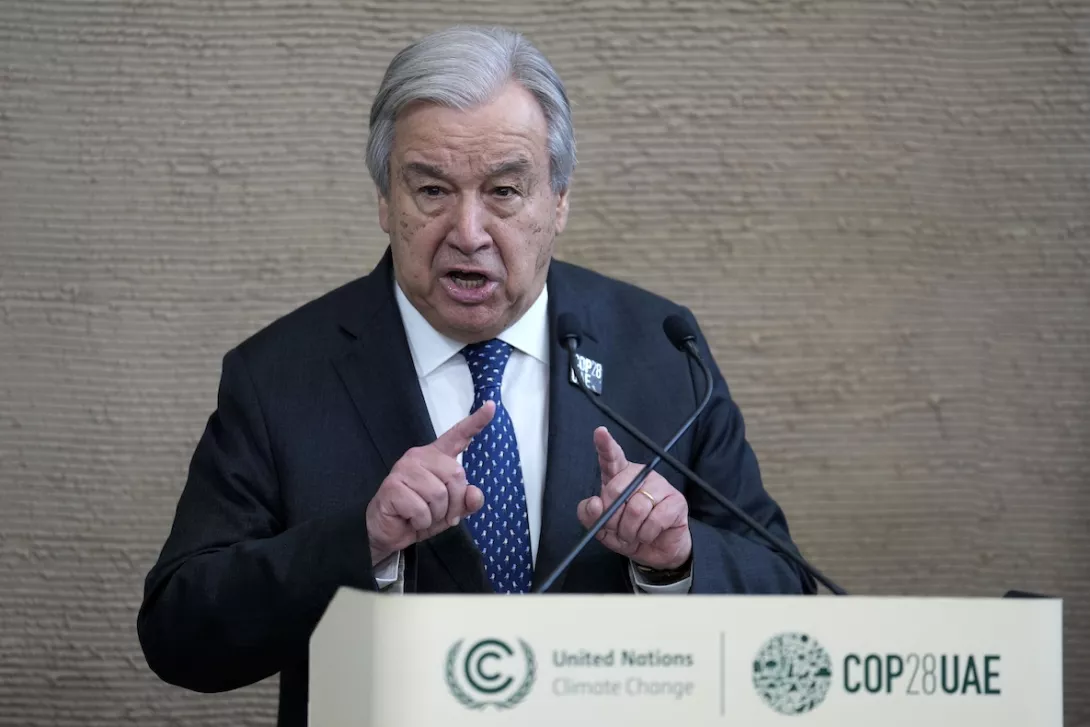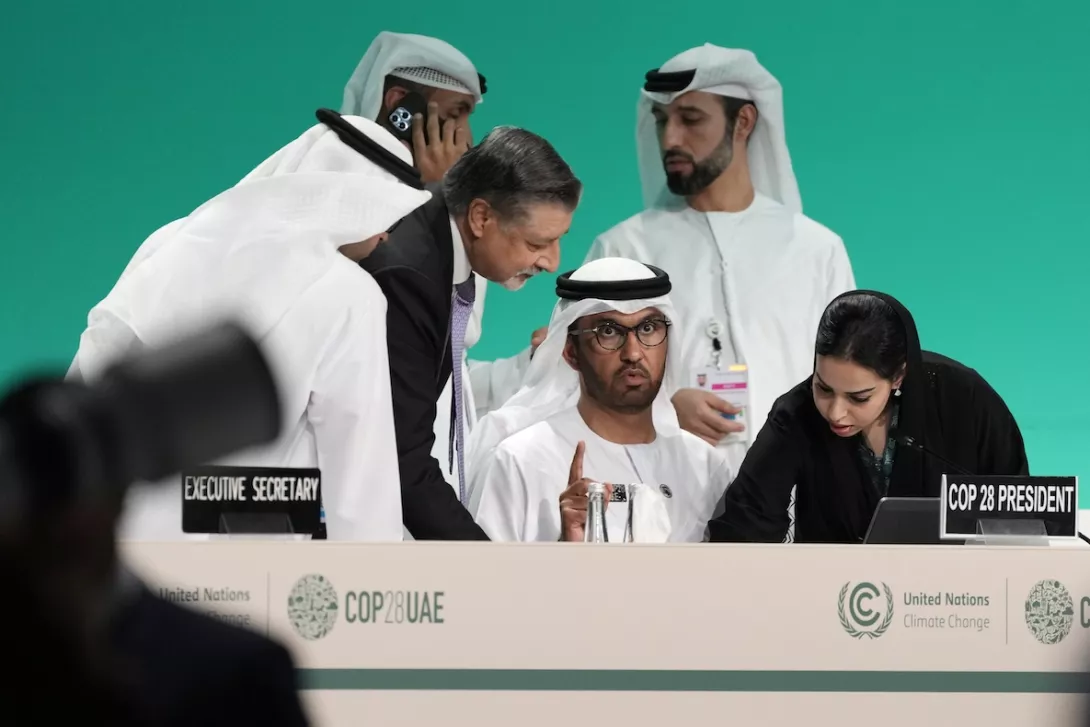
THE stakes are about to be raised as the latest United Nations Conference of the Parties on climate change reaches the end of its first week of talks today.
The Cop28 summit, being held in the oil-built city of Dubai in the United Arab Emirates, moves into its second and final week looking for a deal on how nations of the world can work together to tackle the deepening climate emergency.
The thorniest issue of all will be around the elimination of planet-warming fossil fuels.
Professional negotiators, who have been working on getting options into shape, will turn their work over to senior national officials, many at ministerial level.
Climate campaigners, whose activism has been severely restricted by the UN and the already existing prohibition of protest in place by the host UAE, will be hoping to lobby for meaningful progress and for past promises made, especially by the rich polluting countries of the North, to be kept.
“We’re heading into quite a political process, less access into the negotiating rooms, negotiations will go deep into the night, a number of nights,” said David Waskow, international climate initiative director for the World Resources Institute.
Power Shift Africa policy adviser Amy Gillian-Thorpe said: “One way or another, next week is going to be really difficult.
“I think we’re leaving the lights on for the second week. And that’s really unfortunate that we haven’t been able to move forward, particularly on adaptation issues.”
One of the key documents at the summit is called the Global Stocktake. It’s the first of its kind in UN climate negotiations, saying how far the world has come from the 2015 Paris agreement and what need to be done next.
It was in Paris where nations agreed to limit warming to 1.5°C.
Some experts believe that the planet may have already passed the point of no return in climate change. This year is likely to go down as the hottest on record.
Poor nations and climate activists are putting a lot of pressure on negotiators for the fossil fuel sections.
Uganda climate activist Vanessa Nakate said: “The success of Cop28 will not depend on speeches from big stages.
“It will depend on leaders calling for a just and equitable phase-out of all fossil fuels.”
A phase-out “will cost money,” Avinash Persaud, climate envoy for Barbados said, asking who’ll pay.
“The United States and Canada are two of the richest countries and largest producers of fossil fuels. Why don’t we have phase-out there?”
